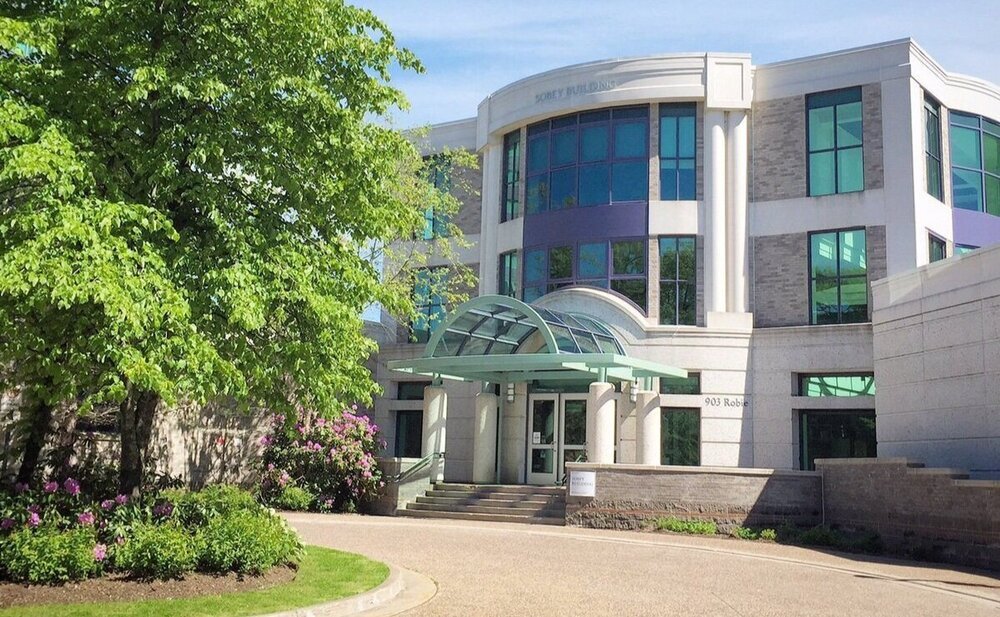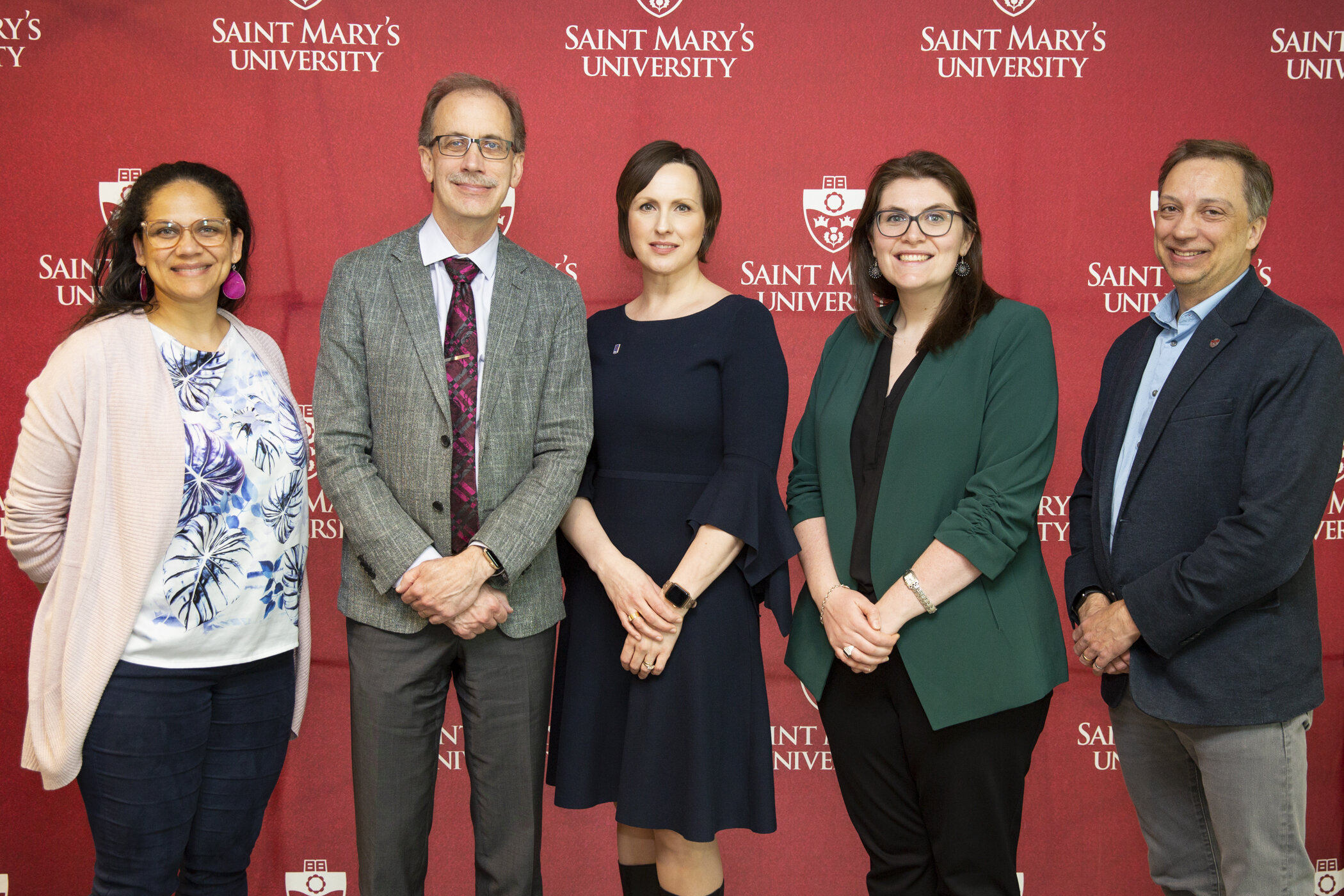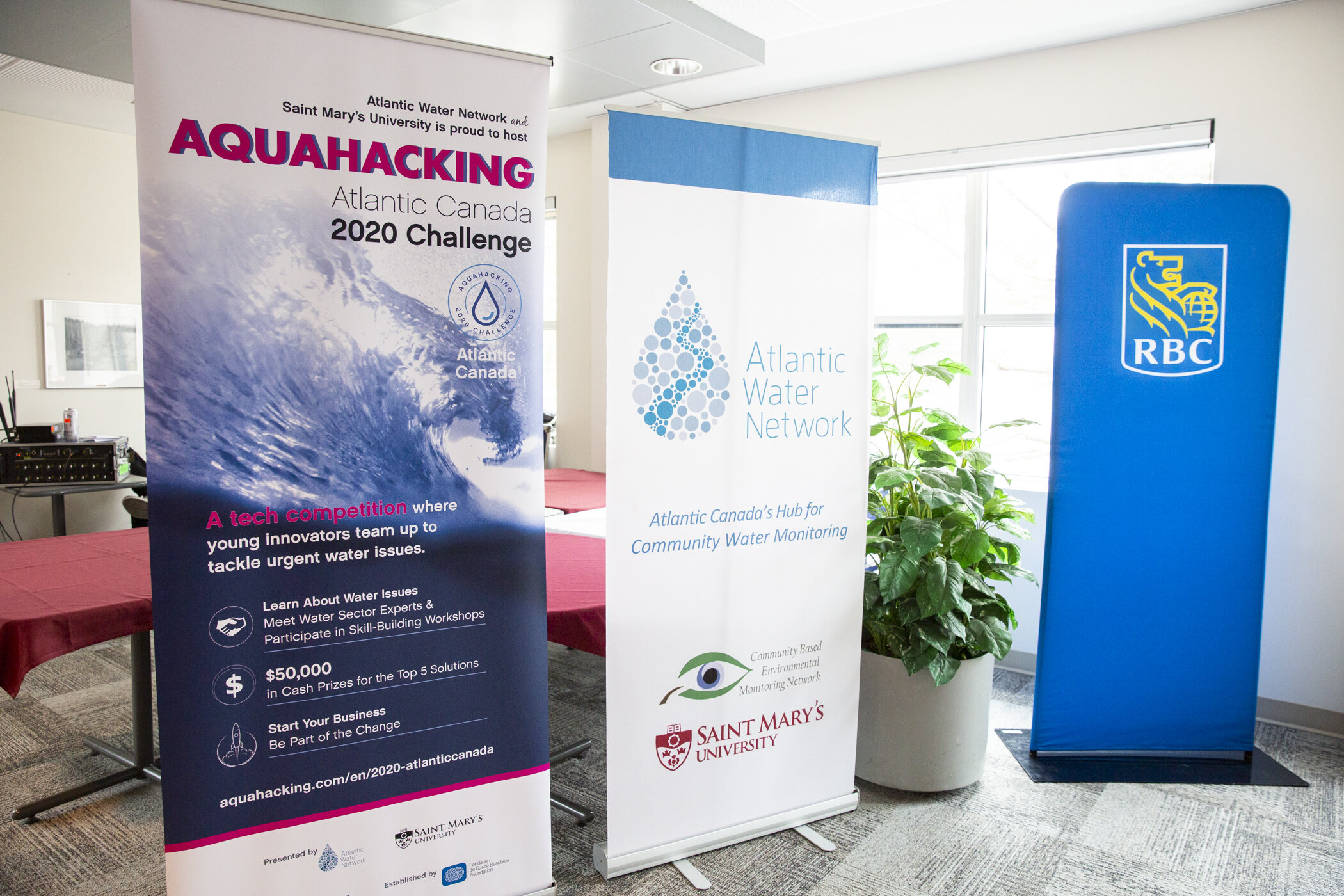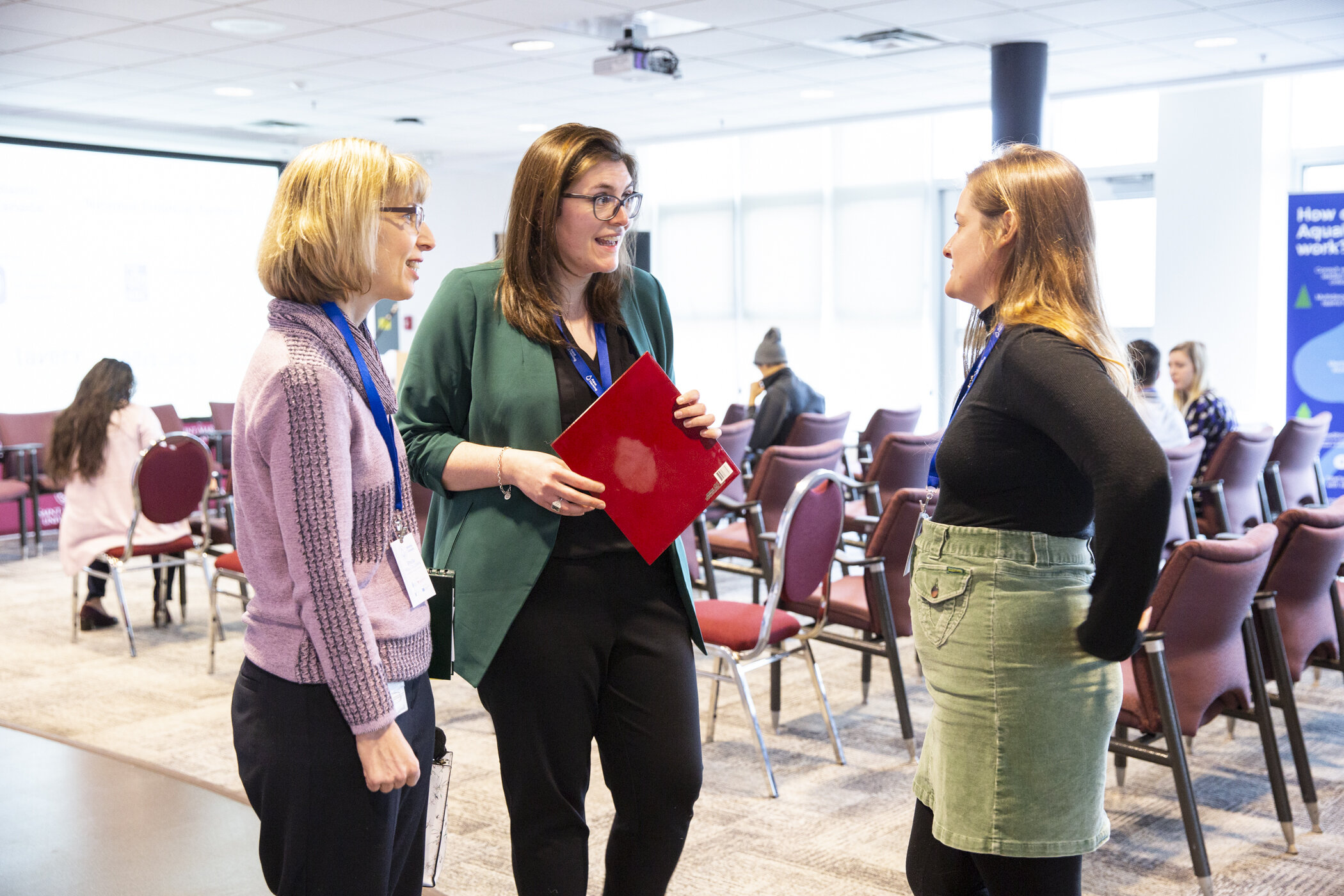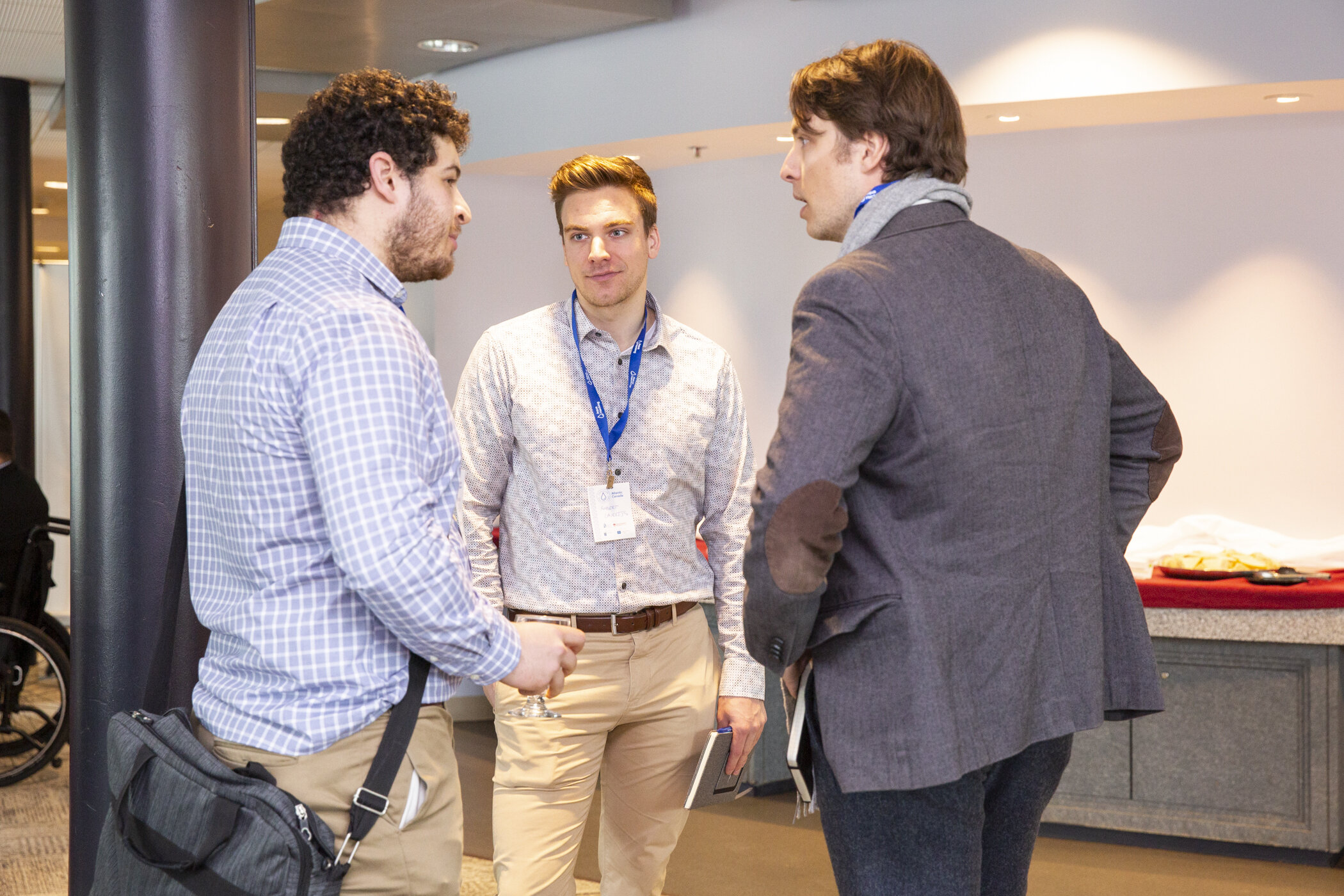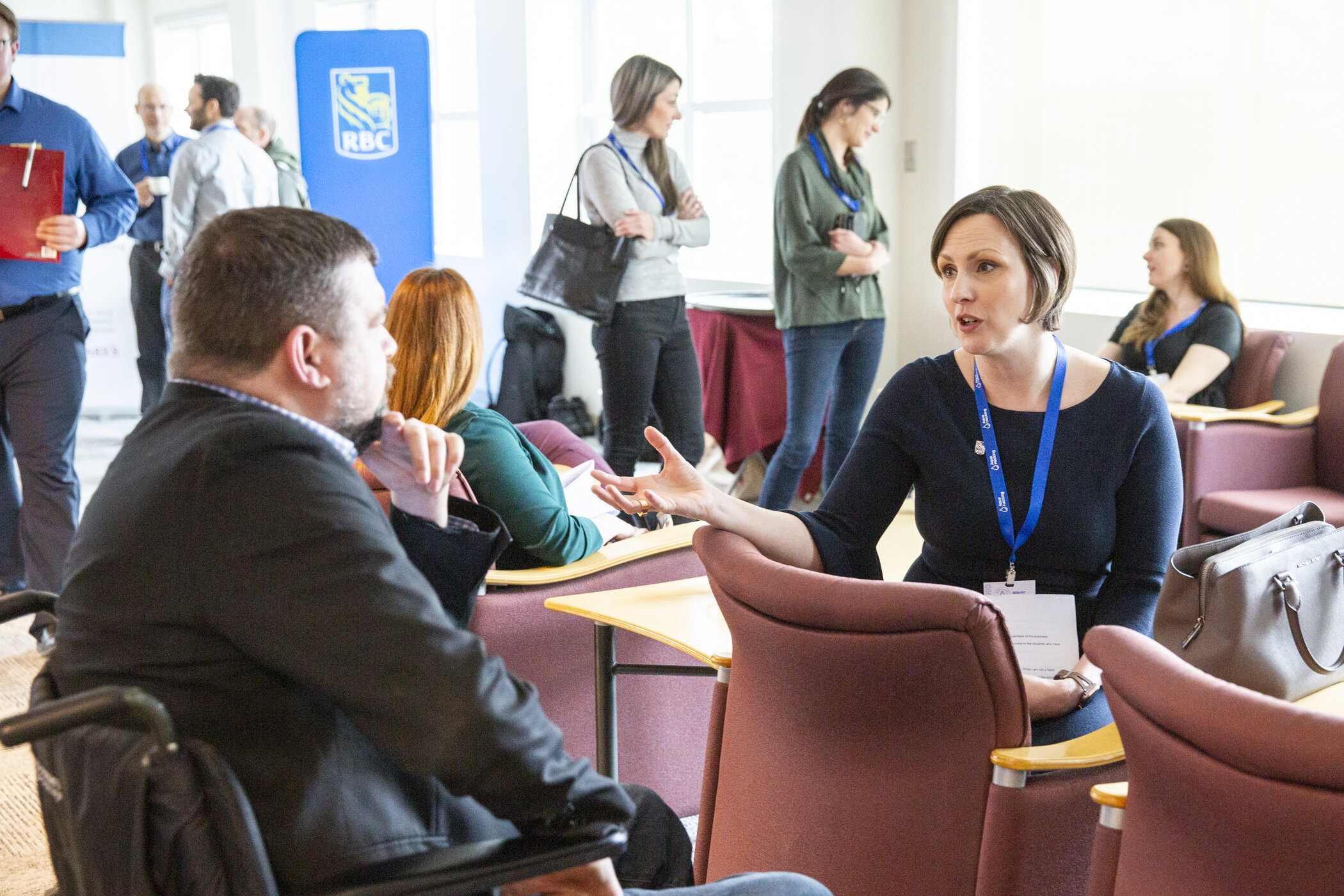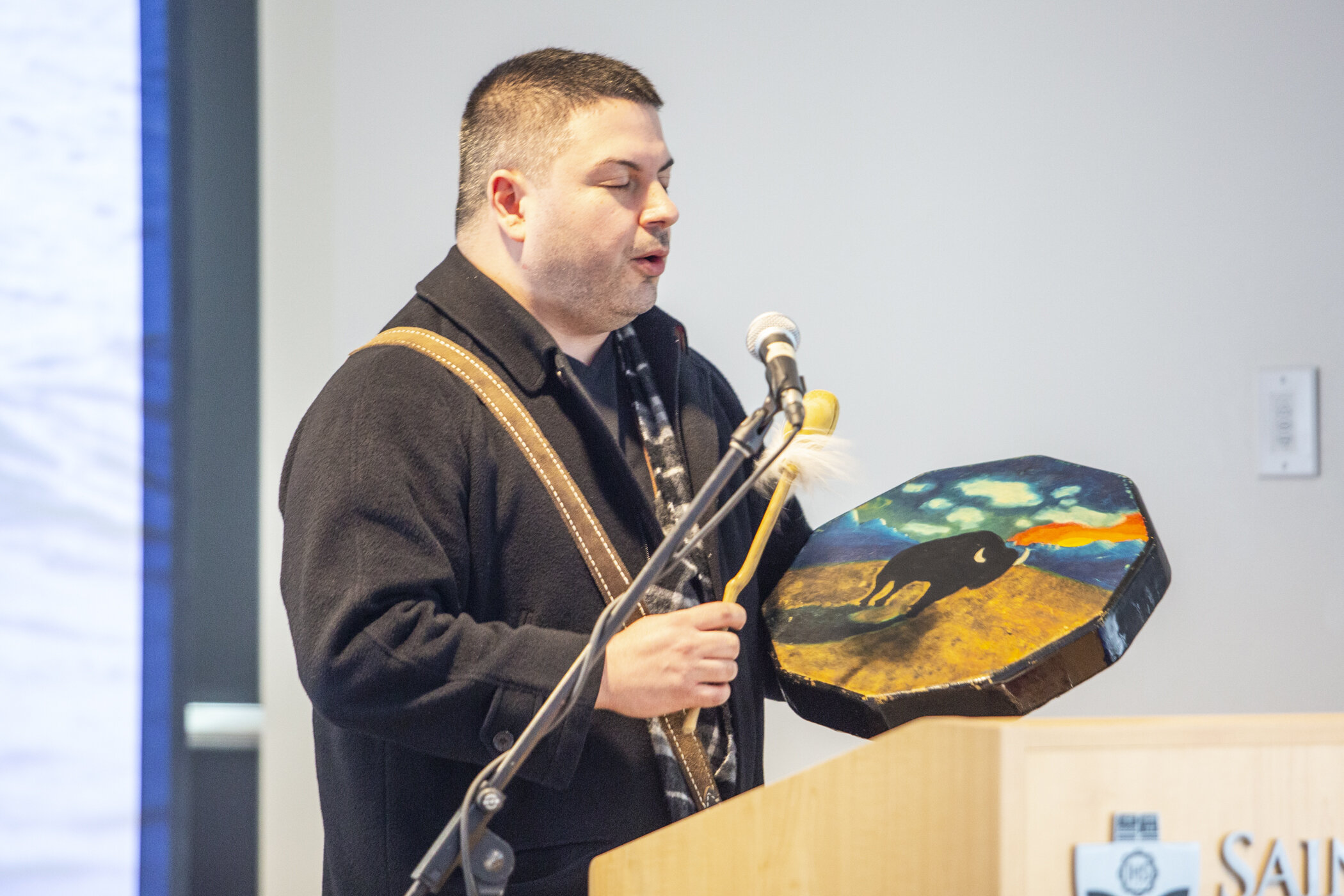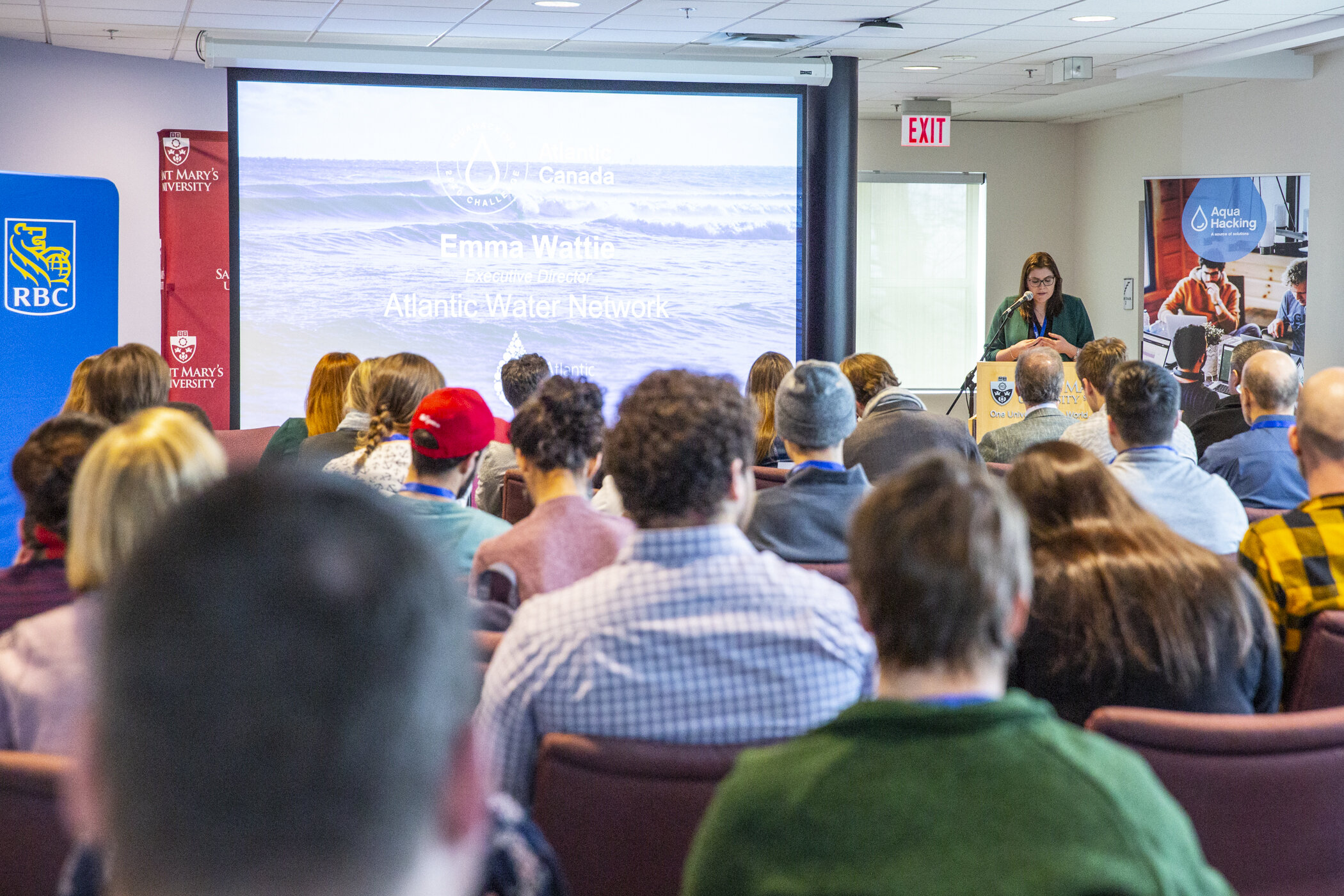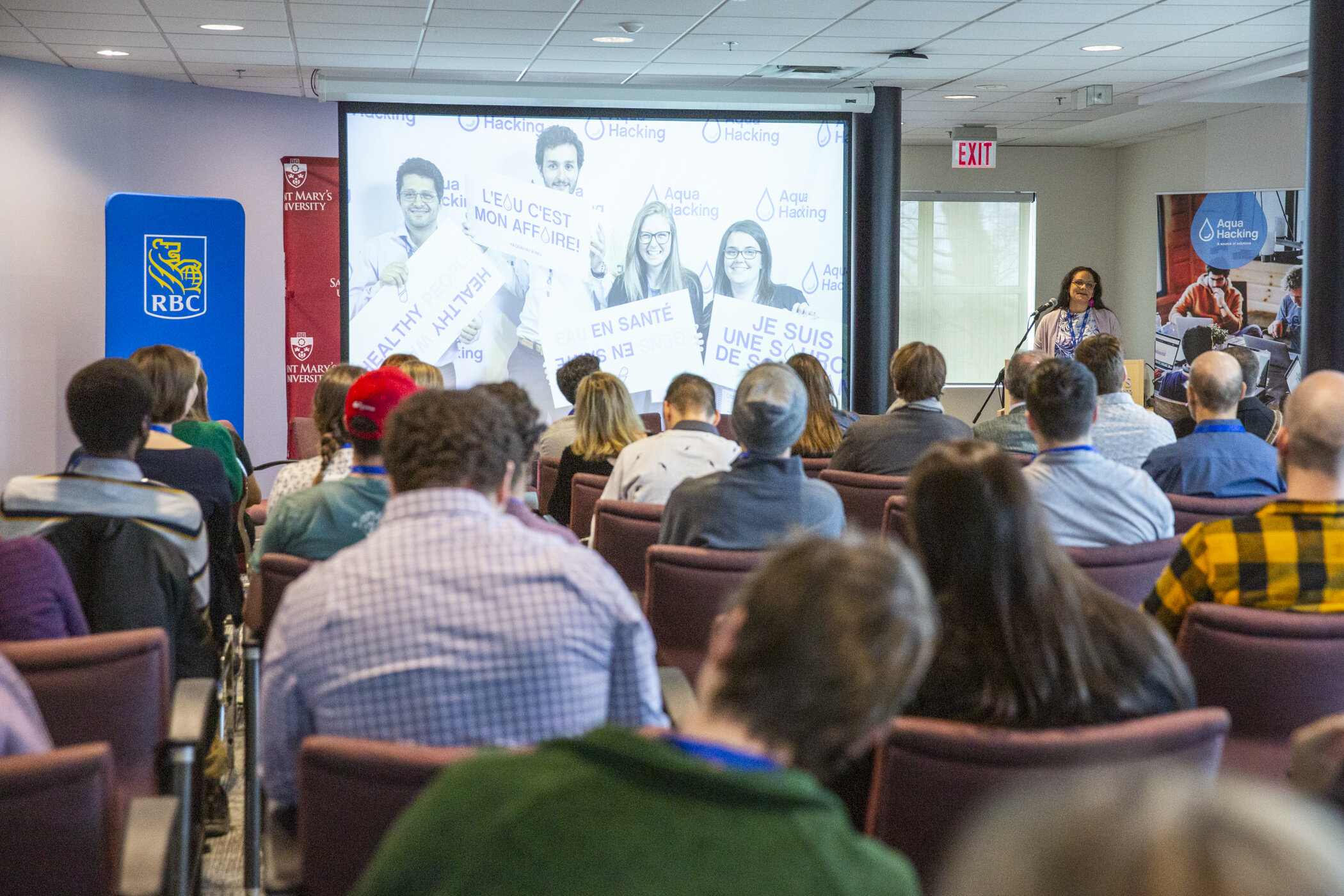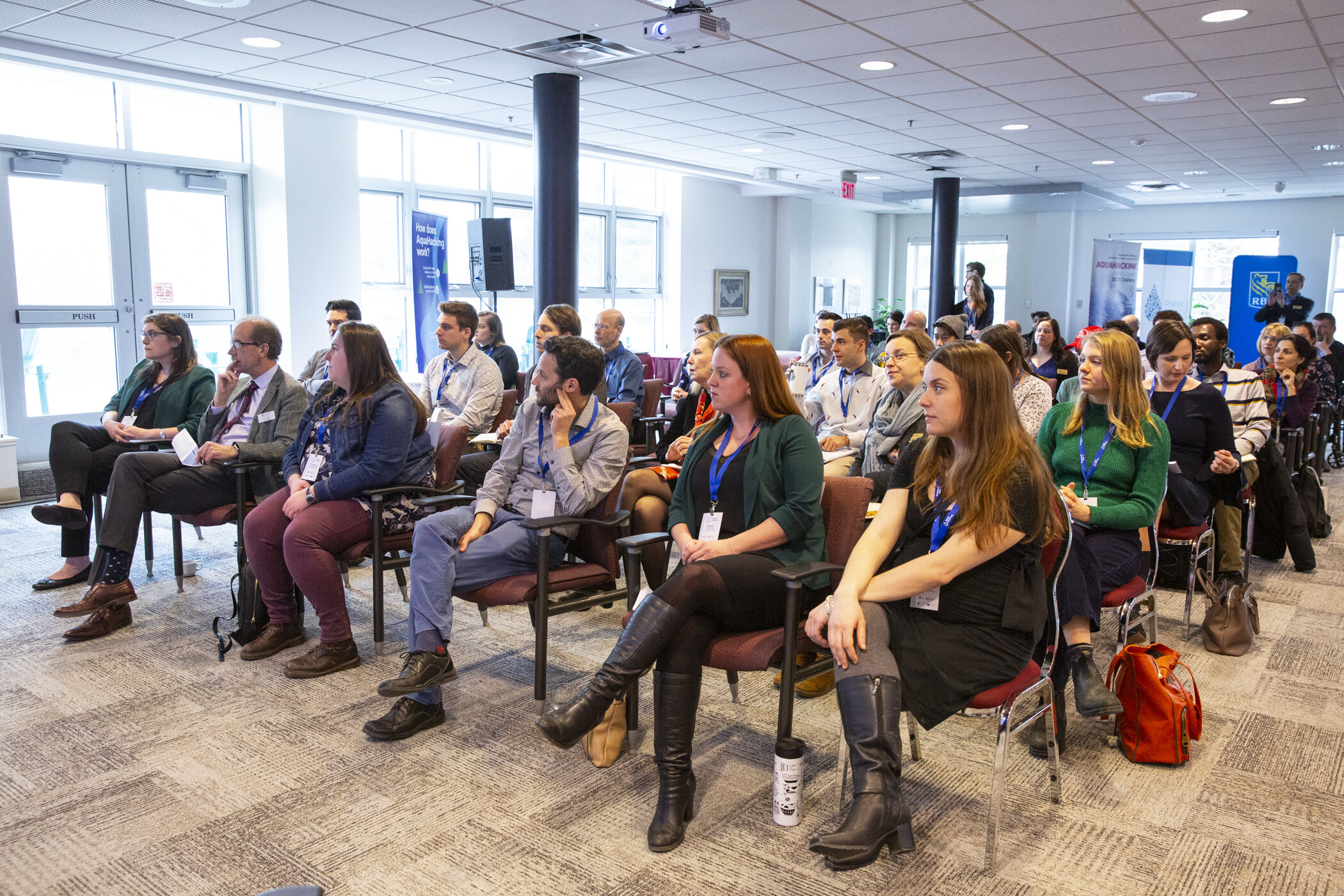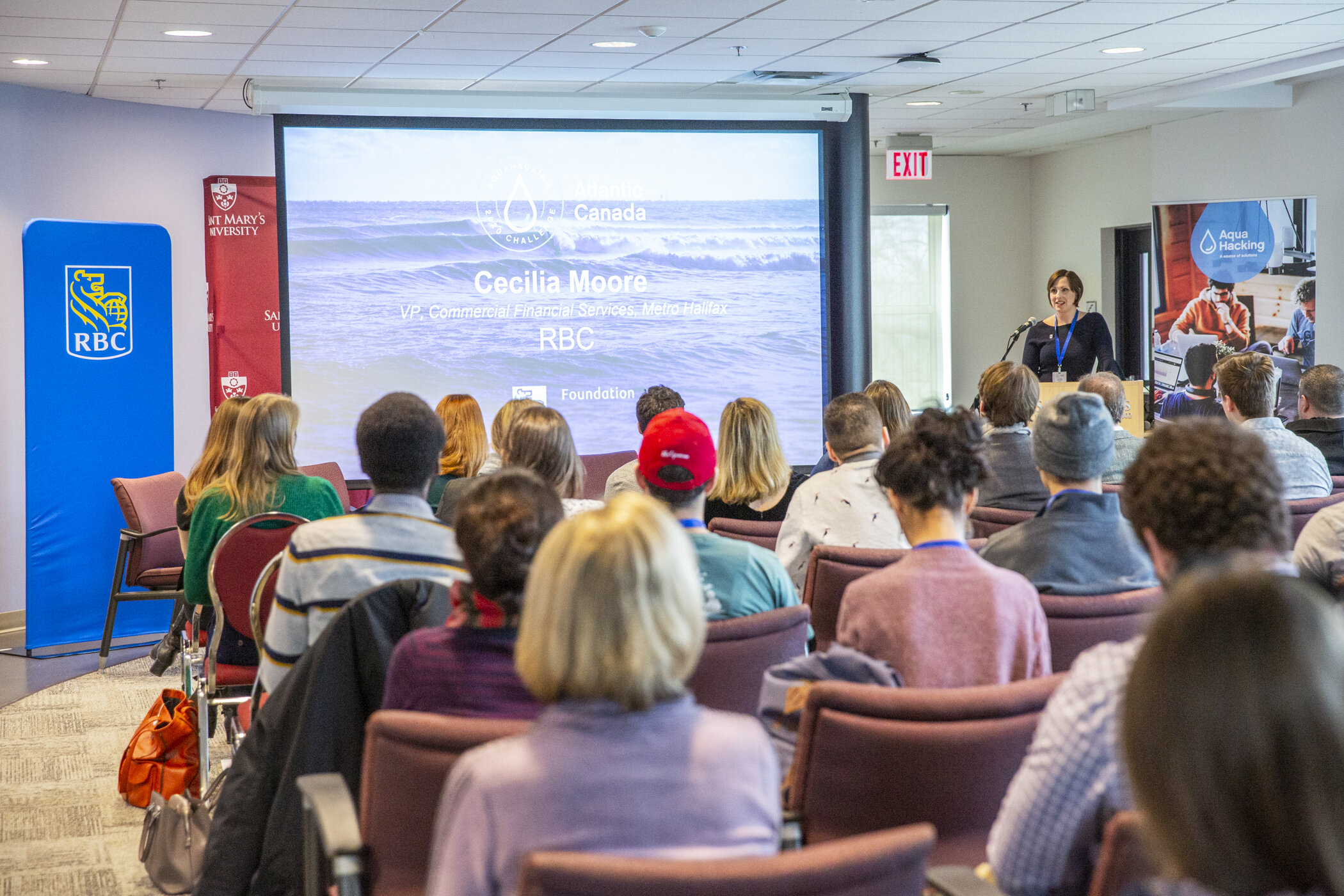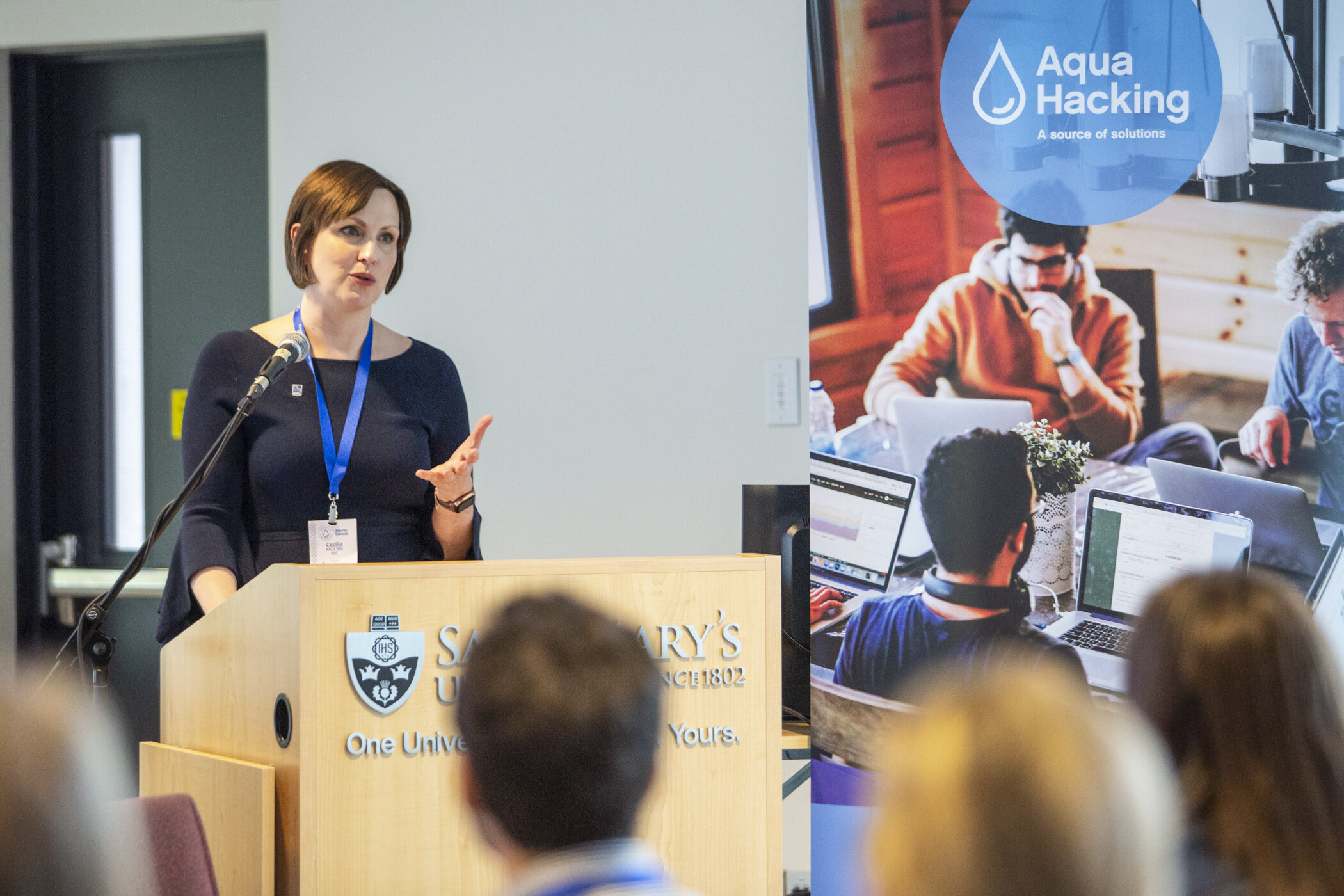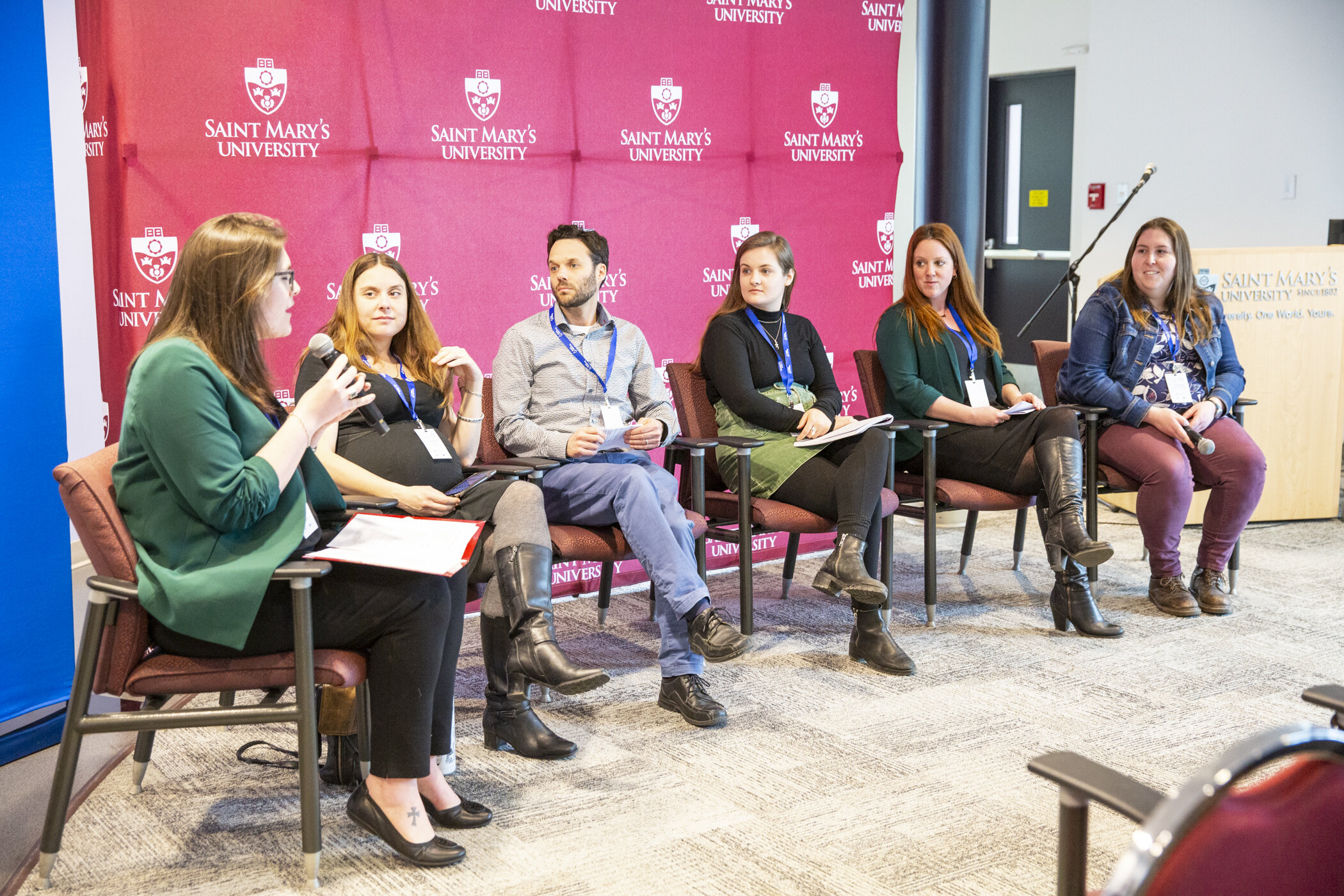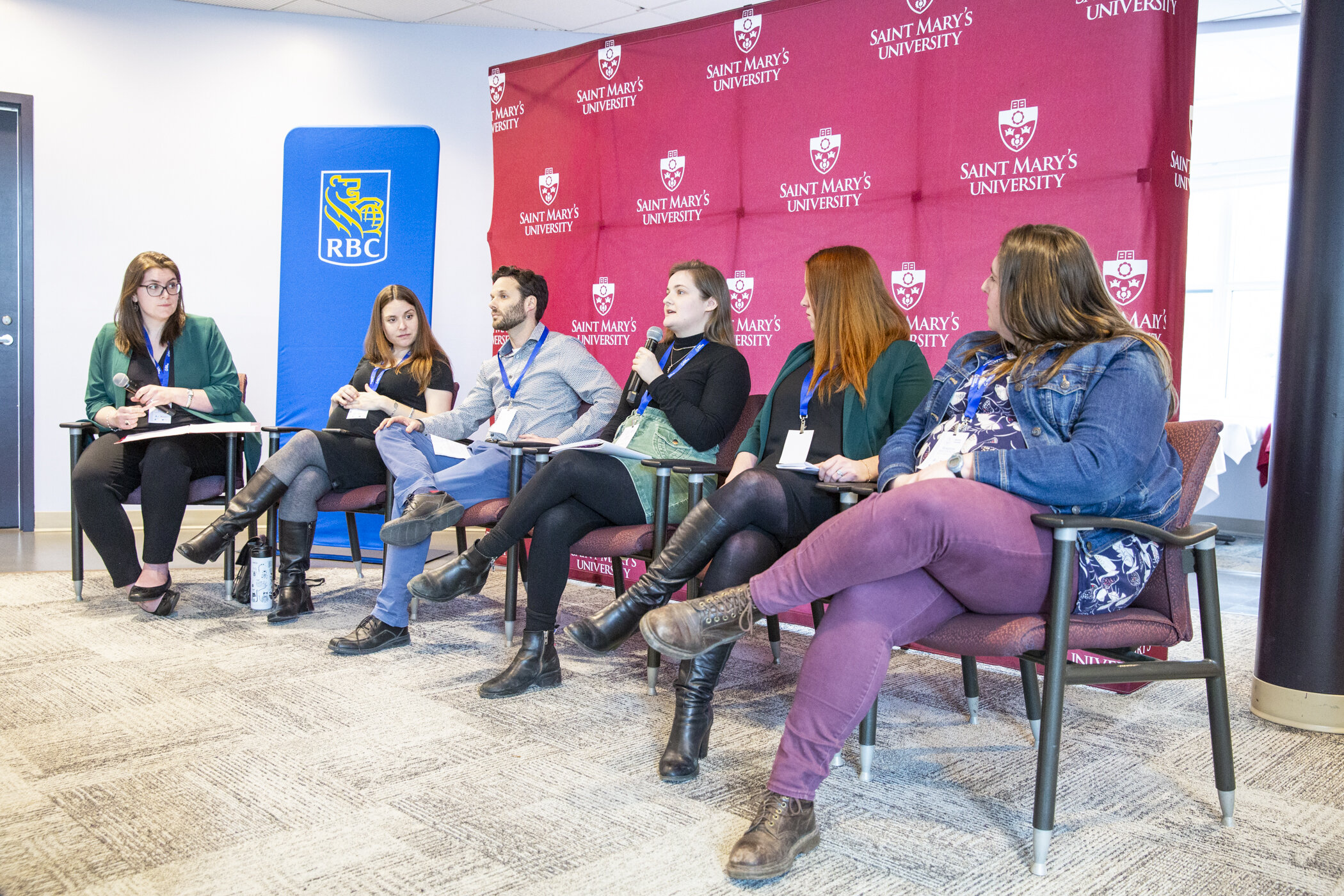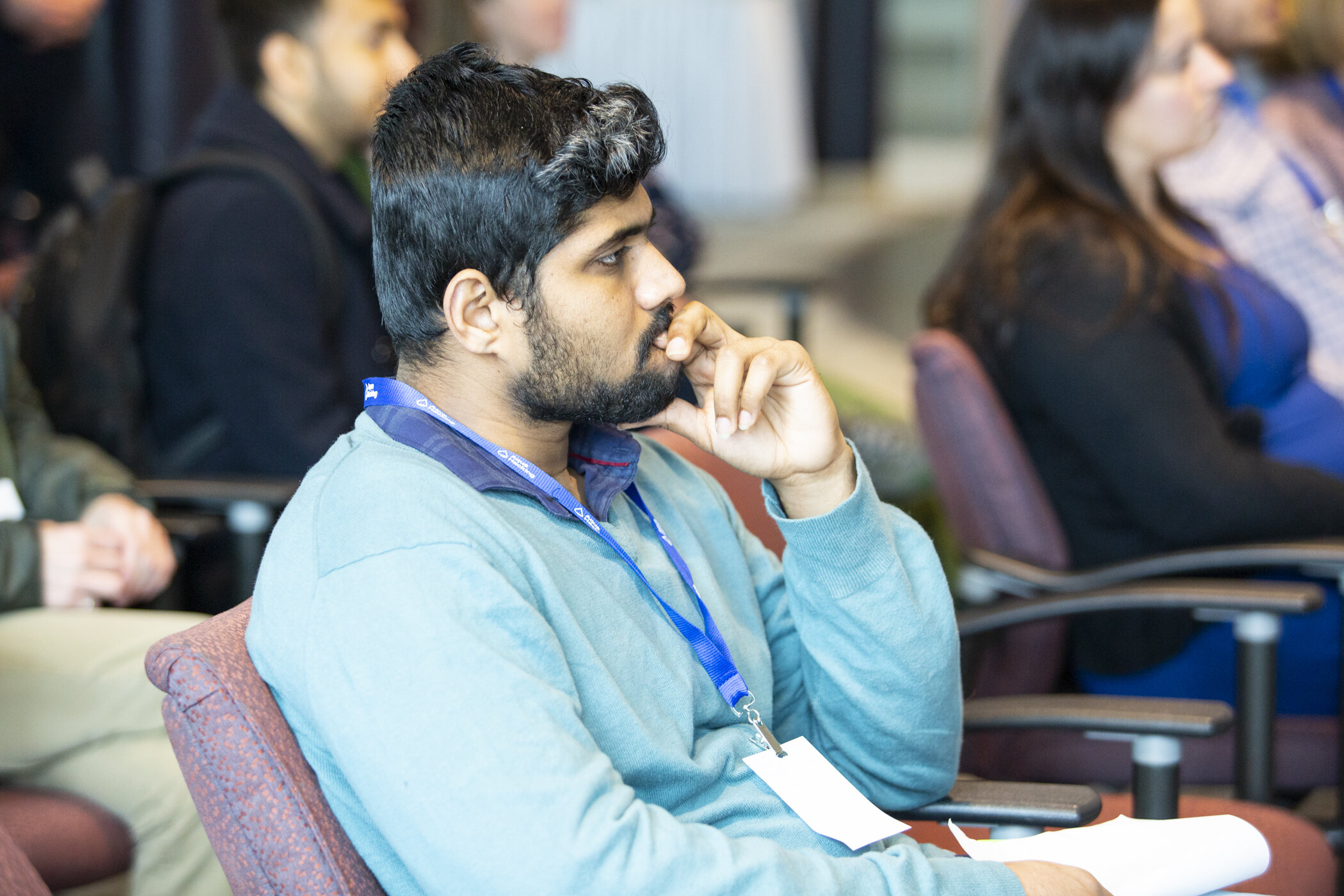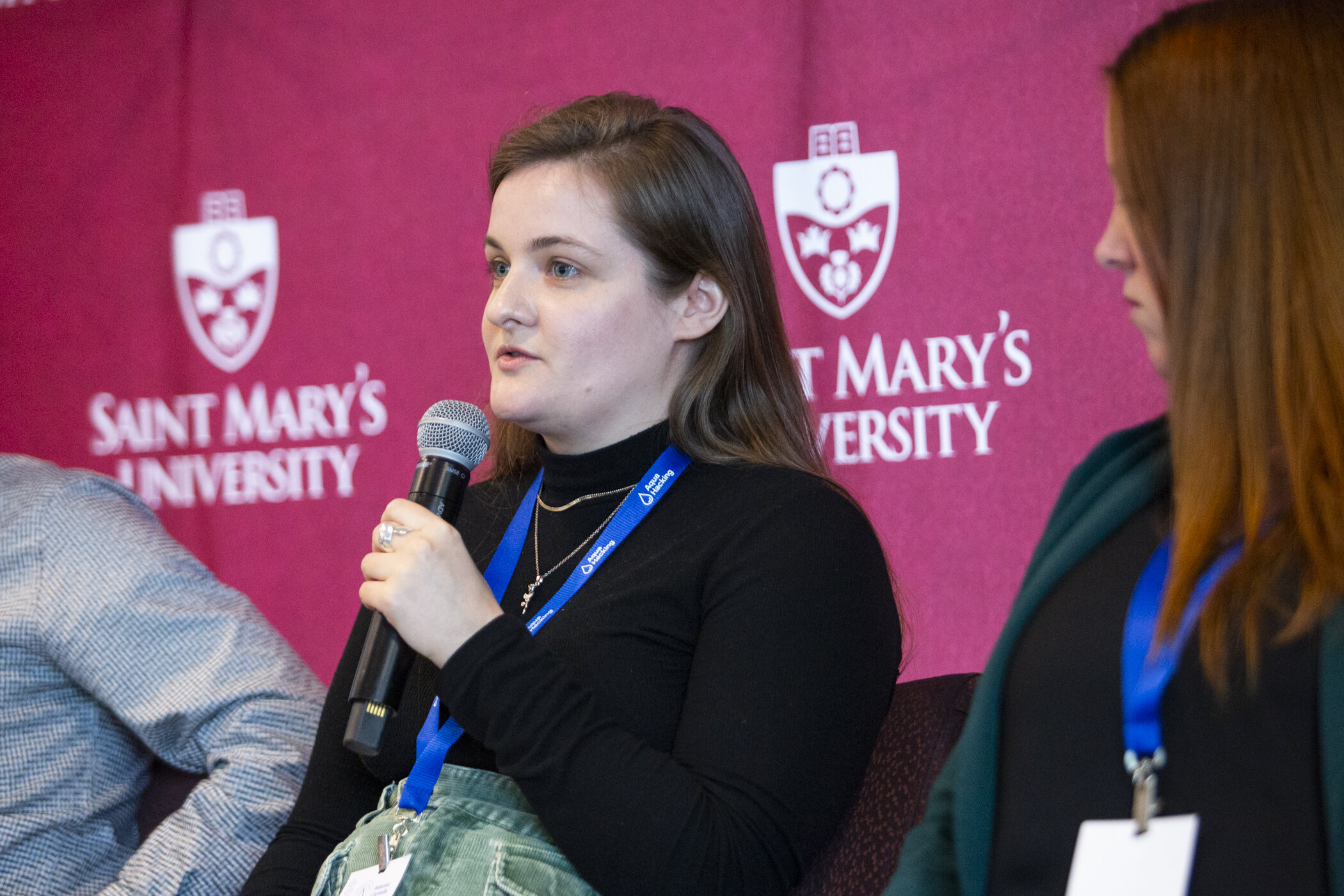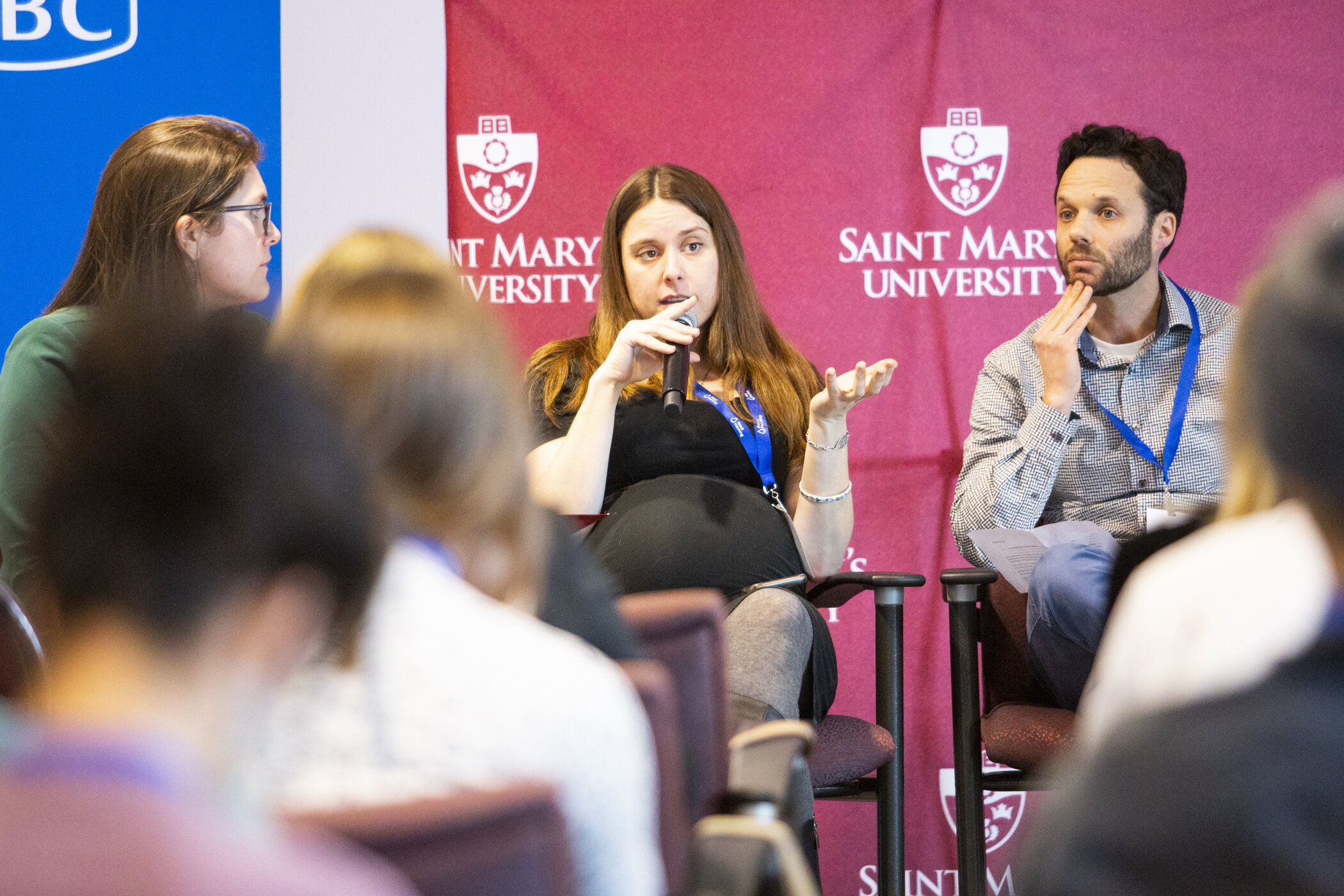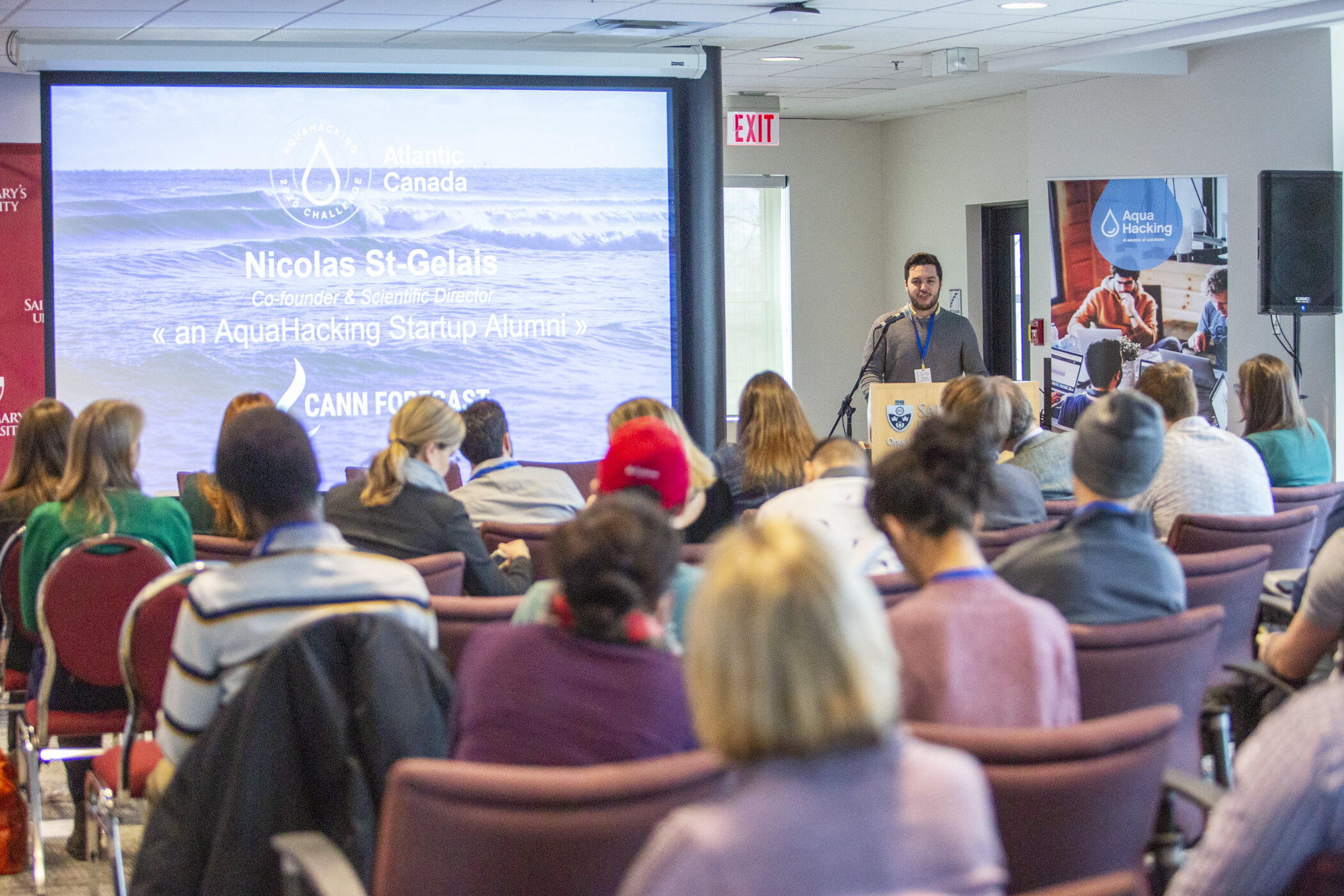Saint Mary’s University has unveiled the Sobey School of Business Community Revitalization & Prosperity Network.
Established as a recovery network for communities and businesses, particularly small and medium-sized enterprises, the Sobey School Community Revitalization & Prosperity Network puts the university’s academic and industry experts’ perspectives into service, supporting the recovery of the regional economy.
Experts are drawn from faculty, research centres, alumni and partners in industry. They will tackle subjects including how data analytics, machine learning and artificial intelligence can serve in business recovery; how retirement savings will be affected; and how the retail industry can recover.
“People describe our current situation as unprecedented, but universities have come through these sorts of times before,” says Saint Mary’s University President Dr. Robert Summerby-Murray. “The successful universities have done so by embracing transformation and harnessing the dynamics of extraordinary circumstances to help their communities. This prosperity network brings our experts into the community at a time when they are needed most.”
Through this network, the University will foster a resilient community of innovation and support for Nova Scotia’s businesses and communities and provide resources for entrepreneurs and business leaders, including:
experts businesses and governments can consult to help navigate the economic recovery;
evidence-informed free webinars to help communities and businesses recover from the pandemic;
an opportunity to receive discussion papers and advance invitations to online events; and
blog posts and opinion editorials with which to engage, and share thoughts and knowledge.
Saint Mary’s University has been actively engaged in responding to the pandemic—providing personal protective equipment, COVID-19 related research and free business coaching and expert advice for entrepreneurs, businesses and government. The Sobey School of Business and the Entrepreneurship Centre have been at the forefront of these efforts, in keeping with their roles and long tradition as a driver of business excellence, entrepreneurship and economic strength in the region.
“We must come out of this crisis stronger, and we know that will take a coordinated effort across all sectors of our economy,” says Harjeet Bhabra, Dean of the Sobey School of Business. “We anticipate this project will enable meaningful collaborations between our Sobey School researchers, industry experts and those on the frontlines, sparking the innovation that will revitalize our economy. We want our joint efforts to produce a more prosperous province for all Nova Scotians.”
Saint Mary’s University and the Sobey School of Business have long been committed to making a positive impact on local and global business practice and the region’s economy. In the Sobey School’s strategic plan, Elevating Impact, the school committed to “Engage with the broader community to enrich learning and discovery, and address issues of local and global significance.” The COVID-19 pandemic has had a drastic effect on the economy around the globe. Governments protected their citizens by curtailing public life, including commerce. Lives have been saved, and peoples’ health protected by these means. As the region begins the hard work of restarting the economy, the Sobey School of Business is prepared to play an essential role in helping Nova Scotia businesses and communities cope.
The first free webinar is scheduled for July 16: Business in the COVID-19 Era and Beyond: Using Data Analytics to Achieve Sustainable Recovery and Growth.
In addition to the no-cost resources offered by the Sobey School of Business Prosperity Network, there are paid courses offered through the Sobey School of Business Executive and Professional Development program that address some of the specifics around coping with COVID-19, including financial planning during the pandemic’s uncertainty; mindfulness and stress; new manager skills; and leading virtually.


